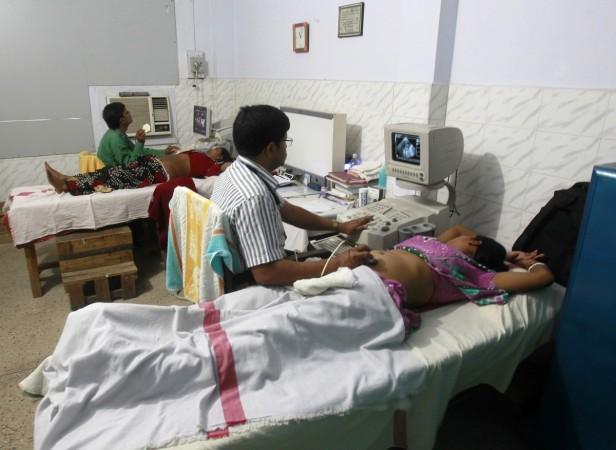
Medical care costs would go up and India's national goal to provide universal healthcare coverage to all will be hit if Union Finance Minister Arun Jaitley decides to bring health care services and facilities under the purview of the Goods and Services Tax (GST), a research paper by Assocham-TechSci cautioned.
Budget 2017: Four factors likely to create uncertainty, says Motilal Oswal Securities
Currently, certain health care services fall within the ambit of tax, while other services are non-taxable.
Service tax is NOT applicable when:
1. The service provider is not a hospital, nursing home or multi-specialty clinic
2. The service is provided by an independent doctor or a resident doctor of a hospital
3. Preventive care offered to the insured person
4. Payment made by the individual for services obtained by the individual
However, service tax IS applicable on services provided by any hospital, multi-specialty clinic or nursing home for:
1. Health check-ups
2. Corporate health check-ups
3. Health insurance plans by insurance companies
"A large number of items like food and other essentials for a common household are being kept outside the purview of the GST. The health care is equally important and essential, important only next to food. So, there is a strong case for the sector to be spared the GST," Assocham secretary general DS Rawat said.
While presenting his fourth Budget on February 1, Jaitley is expected to announce the government's road map to implement the GST.
The trade body said those health care services exempted from service tax currently should be continued even after the implementation of the GST regime for at least 10 years. The paper also advocated that Jaitley should significantly raise tax exemption on preventive health check-ups under section 80-D of the Income Tax Act and announce a health care infrastructure medical innovation fund in the forthcoming Budget.
Additionally, it said the GST exemption should cover the health insurance premium, as the same is exempted from the service tax at present and demanded to increase the depreciation rate on medical devices, equipment from 15 percent to 30 percent.
Also, corporate income tax incentives, which are currently given on capital expenditure for hospitals having 100 beds and above, need to be extended to greenfield hospitals with 50 beds to encourage better health care facilities in tier 2, 3 and 4 cities.








